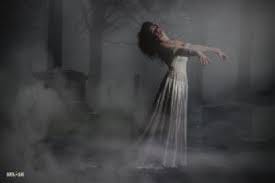Analysing the Greatest Horror Novel - Dracula by Bram Stoker - Premonitions of Death: Lucy's Sleep-Walking & Jonathan's Letter
The Intimacy of One’s Written Word
We continue with the analysis of Bram Stoker’s masterpiece of a novel, Dracula.
“I am anxious, and it soothes me to express myself here; it is like whispering to one’s self and listening at the same time.”
This is how the novel continues, as Mina records her sentiments about journaling with this being a fascinating and in…




